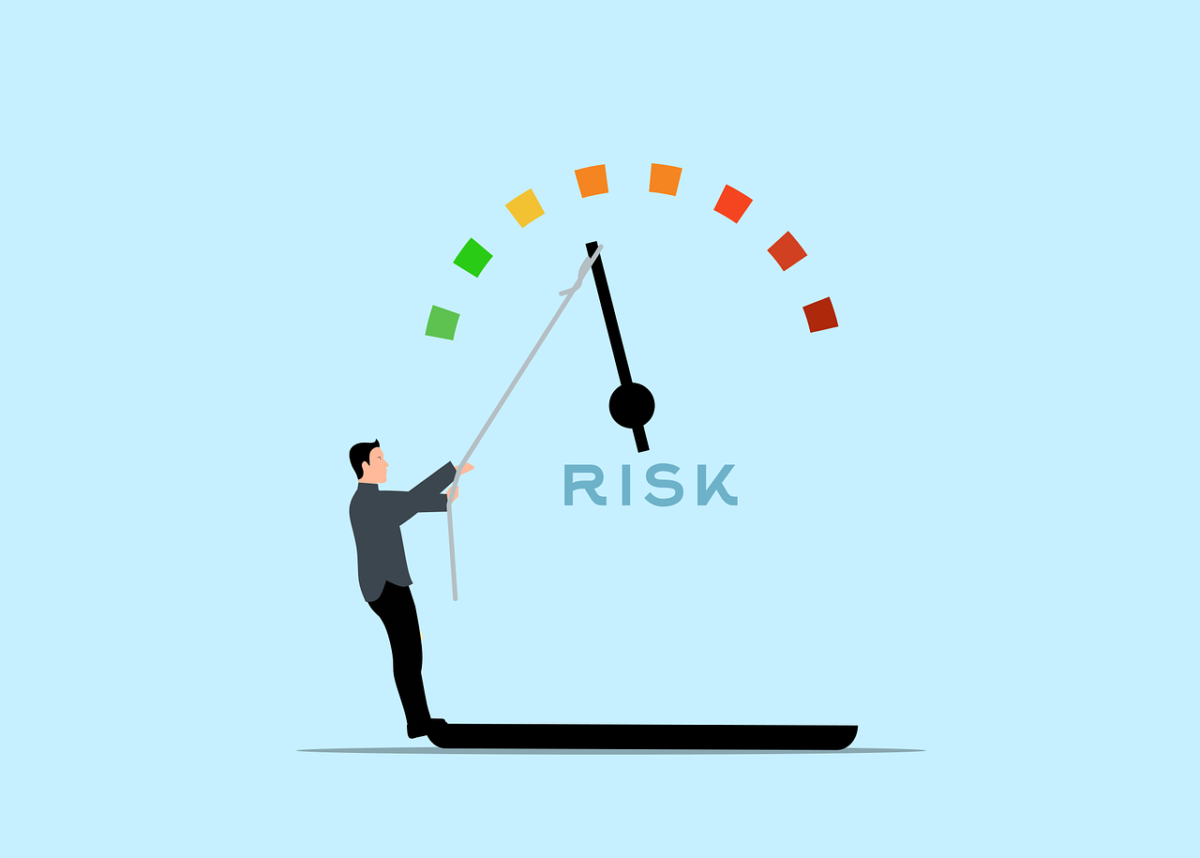Why Should Businesses Plan for Risk Management?
In the fast-paced world of business, uncertainty is a constant companion. From economic shifts to technological advancements, the landscape is perpetually changing, and with these changes come risks. Risk management is not just about avoiding potential pitfalls; it’s about creating a resilient foundation for sustainable growth. As a business leader, understanding the importance of a comprehensive risk management plan can be the difference between thriving in a competitive market and falling victim to unforeseen challenges.
Risk management involves identifying, assessing, and prioritising risks, followed by coordinated efforts to minimise, monitor, and control the probability or impact of unfortunate events. This proactive approach is essential for safeguarding assets, ensuring regulatory compliance, and maintaining a company’s reputation. In an era where businesses are subject to increasing scrutiny and accountability, having a robust risk management strategy is not merely an option but a necessity.
Challenges Businesses Face in 2024 and Beyond
1. Economic Uncertainty
Global economic volatility remains a significant challenge for businesses. Factors such as inflation, fluctuating currency exchange rates, and geopolitical tensions can have a profound impact on profitability and operations. A risk management plan helps businesses navigate these uncertainties by developing strategies to mitigate financial exposure and optimise resource allocation.
2. Technological Disruptions
The rapid pace of technological advancement presents both opportunities and threats. Cybersecurity breaches, data privacy issues, and the need for digital transformation are critical concerns for modern businesses. A risk management plan enables organisations to identify potential technological risks and implement measures to protect their digital assets while staying competitive in a technology-driven market.
3. Regulatory Changes
Regulatory compliance is an ever-evolving landscape, with new laws and standards emerging regularly. Businesses must stay abreast of these changes to avoid legal repercussions and financial penalties. A risk management plan provides a framework for monitoring regulatory developments and ensuring compliance through timely and effective responses.
4. Supply Chain Vulnerabilities
The global supply chain is more interconnected than ever, making it susceptible to disruptions such as natural disasters, political instability, and pandemics. These events can cause significant delays and financial losses. A risk management plan helps businesses assess supply chain vulnerabilities and develop contingency plans to maintain operational continuity.
5. Environmental and Social Risks
Sustainability and social responsibility are increasingly important for businesses. Environmental disasters, climate change, and social unrest can impact operations and brand reputation. A risk management plan enables organisations to address these issues proactively, ensuring they meet stakeholder expectations and contribute to a sustainable future.
6. Workforce Challenges
The modern workforce is evolving, with remote work, talent shortages, and changing employee expectations posing challenges for businesses. A risk management plan helps companies adapt to these changes by developing strategies for talent acquisition, retention, and employee engagement, ensuring a motivated and productive workforce.
Solutions Facilitated by a Risk Management Plan
1. Risk Assessment and Prioritisation
A comprehensive risk management plan begins with a thorough assessment of potential risks. By identifying and prioritizing risks based on their likelihood and impact, businesses can allocate resources effectively and focus on the most critical threats.
2. Strategic Planning and Decision-Making
Risk management provides valuable insights that inform strategic planning and decision-making. By understanding potential risks, business leaders can make informed choices that align with their organisational goals and risk appetite.
3. Crisis Management and Business Continuity
A robust risk management plan includes crisis management and business continuity strategies. These strategies ensure that businesses can respond quickly and effectively to unexpected events, minimising disruption and maintaining critical operations.
4. Financial Risk Mitigation
Risk management helps businesses protect their financial assets by identifying and addressing potential financial risks. This includes implementing hedging strategies, diversifying investments, and ensuring adequate insurance coverage.
5. Enhanced Compliance and Governance
A risk management plan supports regulatory compliance and corporate governance by providing a framework for monitoring and responding to regulatory changes. This proactive approach reduces the risk of legal penalties and enhances organizational transparency and accountability.
6. Reputation Management
Managing risks effectively helps businesses protect their reputation. By addressing potential threats and demonstrating a commitment to risk management, companies can build trust with stakeholders and enhance their brand image.
7. Innovation and Growth Opportunities
Risk management is not just about avoiding threats; it also identifies opportunities for innovation and growth. By understanding the risk landscape, businesses can pursue new ventures and markets with confidence, knowing they have the strategies in place to manage potential challenges.
Join the BusinessRiskTV.com Business Risk Management Club
In today’s volatile business environment, having a robust risk management plan is crucial for success. By joining the BusinessRiskTV.com Business Risk Management Club, you gain access to a wealth of resources, insights, and expertise that will help you develop and implement an effective risk management strategy.
As a member of the Business Risk Management Club, you will benefit from:
– Exclusive Content and Resources: Access a library of articles, videos, and case studies on risk management best practices and emerging trends.
– Expert Insights: Gain insights from industry experts and thought leaders who provide practical advice and strategies for managing risks effectively.
– Networking Opportunities: Connect with like-minded professionals and business leaders to share experiences and collaborate on risk management initiatives.
– Workshops and Webinars: Participate in interactive workshops and webinars that provide hands-on training and real-world examples of successful risk management strategies.
– Tools and Templates: Utilise a range of tools and templates designed to streamline the risk management process and enhance your organisation’s resilience.
By joining the BusinessRiskTV.com Business Risk Management Club, you position your business for long-term success in an unpredictable world. Don’t wait for risks to become realities—take proactive steps today to protect your business and seize opportunities for growth.
Join the Business Risk Management Club to start your journey toward a resilient and prosperous future. Your business deserves the best protection and planning, and we are here to help you achieve it.
Join our Business Risk Management Club

Subscribe for free business risk alerts and free risk reviews
Read more business risk management articles for free

